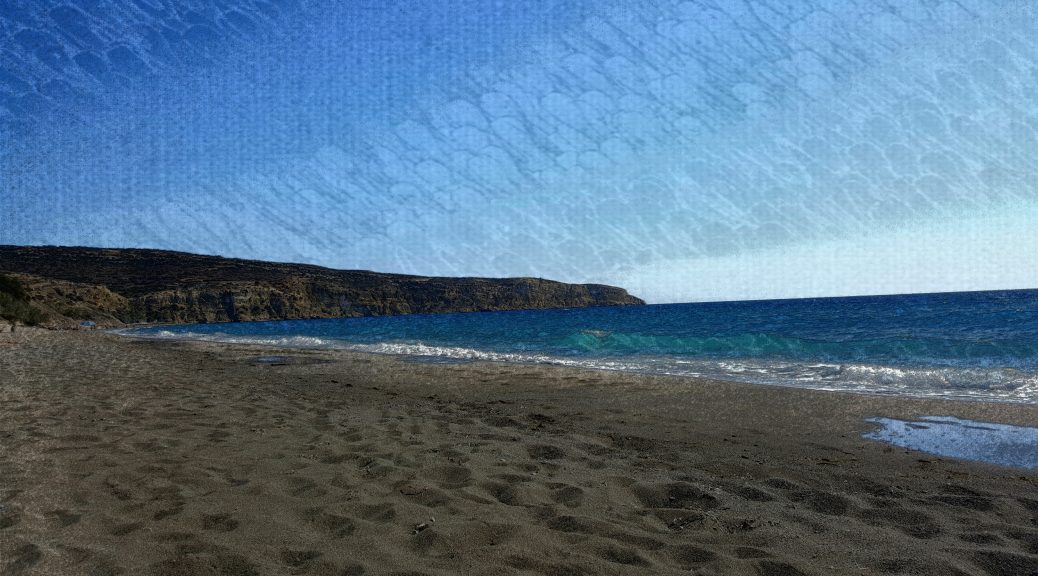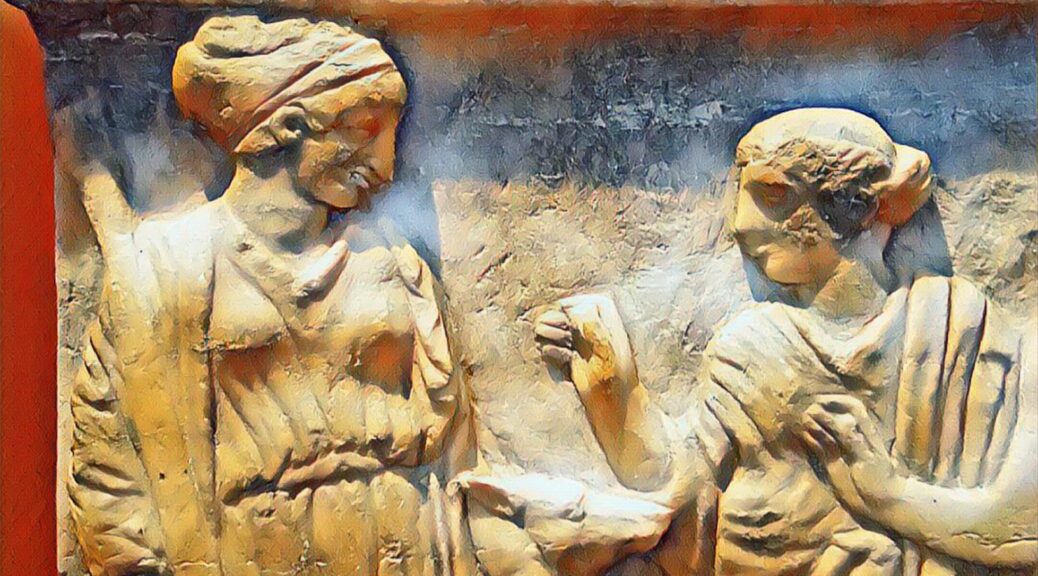Crete, at our little school. 2028.
The arks now above us, planted with the “seeds” of everything on Earth. Some cultivated, much stored for when we return in a millennium. Somehow our SIA scientists and the Great Mycelium had found a way to freeze the genetic material of an entire planet in tiny packets that could bloom again.
Like those sea monkeys advertised in comic books when we were kids.
Each ark began five miles across, made of repurposed garbage, of space junk too, and of broken stars, fragments of other apocalypses captured in asteroid fields.
Five miles across: massive scale for a ship, but such small containers for a desperate world.
When the fires of 2020 blazed through the Pacific Northwest, I thought of Australia the winter before. The Amazon the summer before that. We collectors grieved wilderness that raised us, places we had touched, creatures we had heard rustling there. Birds.
Or a place where bright flowers had yearly bloomed. I would look for that shock of orange paintbrush. But these seeds were burned out beneath the blackness left behind a brighter orange, within the green heart of flames. They were probably already choked in dust of drought before the blaze was even set.
But by 2019, Juno and the scientists of SIA were already ready. They had been combing those woods for years, carrying it all gently, lovingly, down into labs underground. They were discrete, disinterested in attention, and humble about their ingenuity. Members shared intellectual property long held in traditions, locked in stories and old ways of being with the land.
I joined the collectors on Crete soon after, shipping down from Athens on a slow ferry that dropped me off in the middle of the night. I sat upside all day upon the dark blue seas, as my polarized glasses made purple glitter of the Aegean turning aside, made brilliant white the foam. I arrived weary, wind whipped and wild—as I liked to be.
Crete felt like an ancient homecoming.

The more I studied, the more I understood why. Our purpose, the great cycles of history and consciousness, also opened like the sea there will: suddenly to aquamarine shallows like sea beasts that heaved gently on rocks burned gold in Aegean sunlight.
I would lay on my back in the surf at Kalantos Beach and remember Theseus arriving and leaving Crete. And before him, Phoenicians, the clever sailors who fished the Mediterranean for art and good trade.
My Phoenicians carried the tiny turtle islands, earth seeds, up into the heavens on ships that all believed transported garbage. They secreted them away on those temporary satellites, our arks, until we were ready to join them.
Meanwhile, I was part of a team of knowledge collectors, archivists, historians, and educators for schools of the refugees of capitalism, of climate change, of authoritarianism, of militarism, of colonialism, of toxic masculinity and white supremacy. Children who had come across the dark seas, in the night, at great cost and their mothers, their queer uncles, their trans-aunts.
We are all orphans of these forces we called the isms, all survivors. From our suffering and our healing we developed curriculum for the newcomers to our shores—in hopes of healing trauma, lest we build from it and build new monsters.
How to transform survivalism into utopias? This would be our project.
We would try and try many ways, fail, and try again. But the children remembered and they taught us much of the time before birth. We began to piece the great hologram together, the faint complete picture on each of the elements that made us, becoming clearer.
In a practical sense, we were creating a massive database. We were learning and saving all the tongues of our planet to keep them safe and return them one day, to let them loose on Earth’s winds long after we died and went into the soil to feed the Great Mycelium of our arks.
Our priestesses would carry the knowledge we gathered and the visions we dreamed on tiny implants that woke their minds, wove them back into the collective consciousness.
We would be remembered forever there.
As would Earth.


